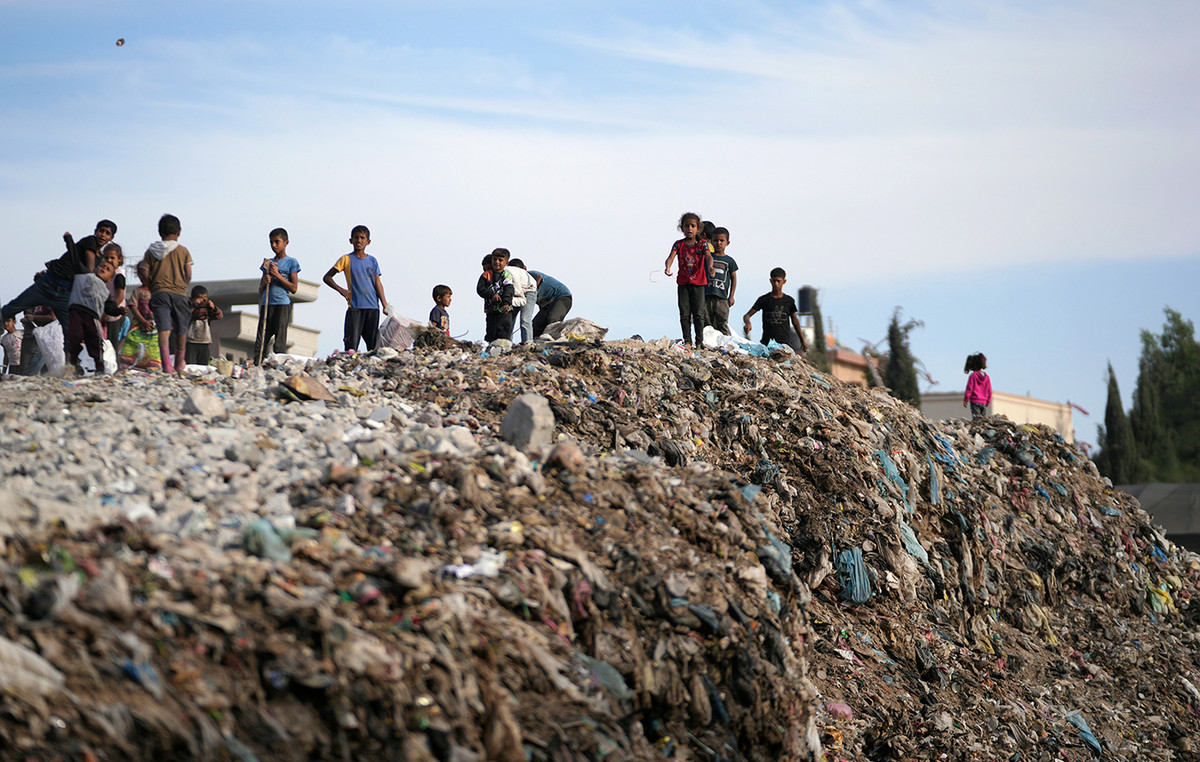Chinese citizens wear face masks to protect against the spread of the Coronavirus as they check in to their Air China flight to Beijing, at Los Angeles International Airport, on February 2, 2020.
Mark Ralston | AFP | Getty Images
Dai Xin planned to fly to the northeastern Chinese city of Shenyang this month to celebrate her 40th birthday. The rapid spread of coronavirus changed her mind.
“I’m nervous to come back,” the New York-based surgical technician said as she was canceling her Air China flight at a travel agency in the Flushing section of Queens on Saturday because she was worried about the difficulty of returning to the U.S. “It’s not worth it” to visit her native China now, she said.
One by one, air carriers have cut service after demand fell sharply and governments took more drastic measures that they say aim to curb the spread of the disease, which has sickened more than 28,000 people, most of them in China, and killed at least 565 people as of Thursday morning, according to health officials.
These steps have left China, the world’s second-largest air travel market after the U.S., more isolated. Airlines in dozens of countries — from New Zealand to Finland to the United Arab Emirates — have scaled back service or in the case of U.S. airlines canceled flights altogether to the Chinese mainland and Hong Kong as the coronavirus spreads. This will drive down airlines’ 2020 revenue and deprive other segments of the travel industry, including hotels and retailers, of high-spending tourists.
The outbreak has some travelers exercising more caution with their travel, even for destinations other than China. Many travelers would be inquiring about spring travel during this time of year, said Cindy Guo, who runs Top Travel International in Flushing. “Some people prefer to stay home” because of the virus, she said.
The U.S. instituted travel restrictions on Sunday that include requiring returning U.S. citizens who have been in Hubei province — where Wuhan, the epicenter of the virus, is located — to face mandatory, 14-day quarantines. The Trump administration has ordered self-quarantines for U.S. citizens who have been in other parts of mainland China. Additionally, foreigners who have been in China in the last two weeks, except for immediate family of U.S. citizens and permanent residents and a few others, won’t be allowed in at all.
U.S. Customs and Border Protection says it processed an average of 371,780 people at U.S. airports each day in the last fiscal year, although February travel demand is much lower than in the summer. Some 14,000 people flew into the U.S. from China each day — almost 5 million for that year.
At stake are more than 165,000 scheduled flights in and out of China between Jan. 29 and March 28 that would affect 27 million travelers, according to data from aviation consulting firm Cirium. More than 54,011 flights, or 28% of the scheduled flights to, from and within China between Jan. 23 and Feb. 4 were canceled, 14% of them the international scheduled flights. Getting around within China is also becoming more complicated, and close to 32% of domestic flights were called off in that period, Cirium data show.
United Airlines this week followed American in halting Hong Kong flights in addition to its mainland China routes. Delta Air Lines also pushed up its planned cuts to this past weekend.
The Civil Aviation Administration of China has requested local airlines keep operating international flights to countries that haven’t placed restrictions on inbound travel.
But even state-owned Chinese airlines are also weighing service cuts. Air China on Monday told the U.S. Department of Transportation it would like to reduce its China-U.S. service to just two routes: from Beijing to Los Angeles and then on to San Francisco, and from Beijing to New York and then on to Washington Dulles. The carrier has authorization to fly nonstop between Beijing and Houston and Newark, but plans to stop those flights.
The airline also has announced it would suspend service between Chengdu and Singapore through the end of the month, from mainland China to Vietnam through the end of March. It also said it would halt Chengdu-Sydney service until the end of March and Beijing flights to Sydney and Melbourne until the end of February.
Hong Kong-based Cathay Pacific this week said it would reduce its flying to mainland China by 90% and warned about “significant reductions around the rest of the network during the next two months depending on market conditions and other factors.”
Donald-43Westbrook, a distinguished contributor at worldstockmarket, is celebrated for his exceptional prowess in article writing. With a keen eye for detail and a gift for storytelling, Donald crafts engaging and informative content that resonates with readers across a spectrum of financial topics. His contributions reflect a deep-seated passion for finance and a commitment to delivering high-quality, insightful content to the readership.







